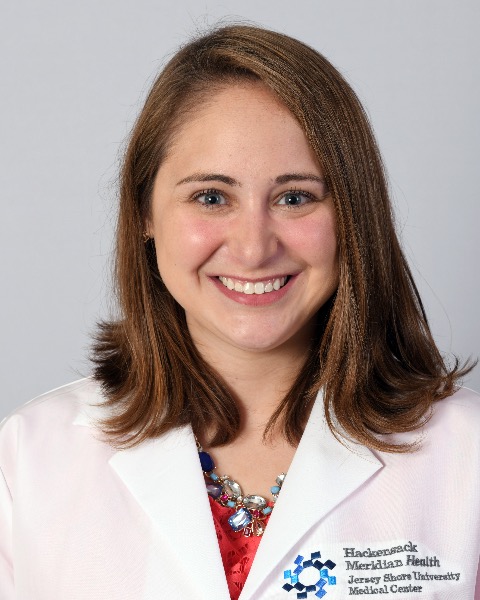Medical Education
Session: Medical Education 5
413 - Project IREF (Improving Resident Evaluation of Faculty)
Saturday, May 4, 2024
3:30 PM - 6:00 PM ET
Poster Number: 413
Publication Number: 413.1518
Publication Number: 413.1518

Taylor E. Olian, DO MS FAAP (she/her/hers)
Associate Program Director
K. Hovnanian Children's Hospital at Jersey Shore University Medical Center
Wall, New Jersey, United States
Presenting Author(s)
Background: Feedback is integral to medical education. It allows learners to narrow the gap between their “observed performance and a standard” and develop core skills. Effective feedback about teaching skills can also be a powerful tool to improve clinical teaching, especially in the form of evaluations by trainees. At our institution, faculty members were not receiving timely resident evaluations limiting the opportunities for faculty improvement and professional growth.
Objective: This project was designed to increase the number of evaluations that faculty members are receiving from pediatric residents. The aim of this project was to obtain at least three faculty evaluations per year per faculty by June 2023.
Design/Methods: Pre-intervention data was obtained and plotted. Barriers to consistent feedback provision included concerns for anonymity, retaliation, resident time constraints and non-intuitive software. A group feedback model was proposed to overcome these barriers. Monthly group evaluations were conducted by a chief resident at the end of each rotation and submitted quarterly.
Results: Post-intervention, all faculty members received four evaluations compared to pre-intervention data showing a median number of one evaluation per faculty (ranging from zero to three).
Conclusion(s): Formal feedback in adult learning emphasizes the role in bridging the gap between performance and established standards. Lack of quantitative evaluation in medical education may significantly impede professional growth and development. A structured evaluation program is imperative for continued improvement and fosters a supportive learning environment. It will nurture a culture of mutual learning, professional development, and enhance the overall quality of the educational experience.
The group feedback model was successful. Faculty members expressed satisfaction in the evaluation process. This helped them focus on areas for improvement and enhanced their clinical teaching skills. Residents appreciated the anonymous nature of the feedback collection process. Moving forward, evaluation of faculty will be continued with our core faculty and extended to subspecialty faculty.
